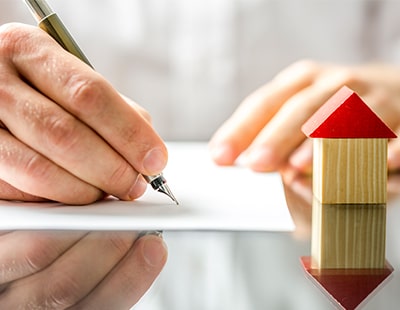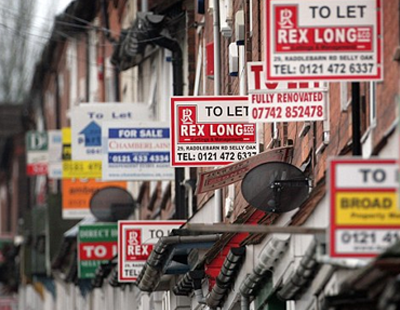So, you’ve got your eyes on a home that you’d like to make your own, but what next?
You can start by submitting a formal offer to the vendor which should always be done through an estate agent, either over the phone or in person.
While it might be tempting to get your foot in the door and contact the seller personally to make an offer, this is considered as bad practice and can lead to misunderstandings along with undesirable complications.
When making an offer it’s important that you be realistic and reasonable about it. Your estate agent will advise you on what an opening offer should be and, while you want to secure a solid deal, you also don’t want to waste the sellers’ time and potentially offend them by submitting an arbitrarily low offer.
Since you want to maximise your chances, be sure to sell your strengths as a buyer. If you’re buying in cash rather than a mortgage, for example, or if you’re a first-time buyer and therefore not attached to a chain, would be good to mention since this will be a real advantage for you.
Also, be prepared to act with speed. This will not only help avoid being beaten to the punch by another buyer but responding swiftly to the seller’s messages or counteroffers will also make you come across as a serious buyer instead of a time waster.
The exchange of contracts
Making an offer is only the start of the buying process. Once it has been accepted by the seller, there is still a few additional steps that need to be followed, notably the conveyancing process.
The exchange of contracts can then happen once all of this legal work is done. This is when your solicitors and the seller’s solicitors swap signed contracts and finalise the transaction of ownership.
The agreement of sale will become legally binding at this point and from this moment on, it’s challenging for either party to back out of the sale without facing legal or financial consequences.
Both sets of lawyers upon exchange of contracts will be in possession of a signed contract and a completion date will be established.
The deposit exchange
Carried out by solicitors, you will have to pay an exchange deposit in order to complete the exchange of contracts and become the legal owner of your new home.
While your mortgage deposit is the amount of money, you can afford to pay alongside your mortgage to make up the total cost of property – usually between 5%-25% - the exchange deposit is a requirement to become the legal owner of the home and its main purpose is to show the seller that you are definitely going to purchase the property.
Fortunately, you don’t need to save for two deposits since the exchange deposit normally comes out of your mortgage deposit and each has a different function. The exchange deposit is used when you exchange contracts, while the mortgage deposit affects your mortgage deal.
Having a good solicitor is important here because they will help you understand and navigate the exchange deposit, but just remember, it’s a perfectly standard part of the buying process.
Time estimate for the exchange of contracts
If you were hoping to get a straightforward answer, then you may be disappointed, because there is no hard and fast rule as to how long it takes to go from submitting an offer to exchanging contracts.
This is usually regarded as the longest leg of the buying process that can take anything from a few weeks to several months – it all depends on how efficiently you and your solicitors are able to complete the conveyancing process.
Once contracts have been exchanged, a completion date will be agreed upon and this only takes about two weeks. If one or both parties are desperate to move quickly, then the completion date can be brought forward.
Christina Melling, chief executive officer of Stipendium, commented: “The offer and exchange process itself can be very stressful, especially if you have initial offers turned down, or there are disagreements about the contents of the contract once you have had your offer accepted.
“Unfortunately, the nature of the UK property market means this protracted process offers little guarantee until the point you do complete, and the timeline is also subject to change on a daily basis which can be frustrating, to say the least. Particularly at present, when high demand is causing huge delays to even the simplest of tasks.”
Melling concluded: “The best thing you can do is hire a top-quality solicitor that you trust to handle the process and guide you every step of the way. You also want to make sure you’re highly responsive to any requests, questions, or required decisions that come your way. Basically, you want to do everything you can to keep the process moving forward smoothly and provide no reasons at all for blocks or delays to happen.”
The monumental moment of exchanging contracts
The exchange of contracts is an important moment because it signifies the first time you become a legal owner of your new home. It also marks the point when neither party can change their mind about the sale, therefore solidifying the process.
Basically, this is the first time you can truly celebrate securing your new home without running the risk of being bitterly disappointed when the sale falls through.
From this moment on, you can put all of your energy and excitement into getting ready to move into your new home.











.jpg)





Join the conversation
Be the first to comment (please use the comment box below)
Please login to comment